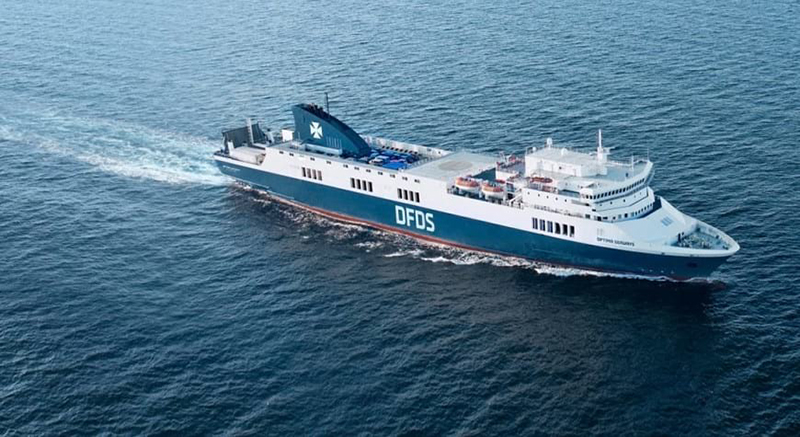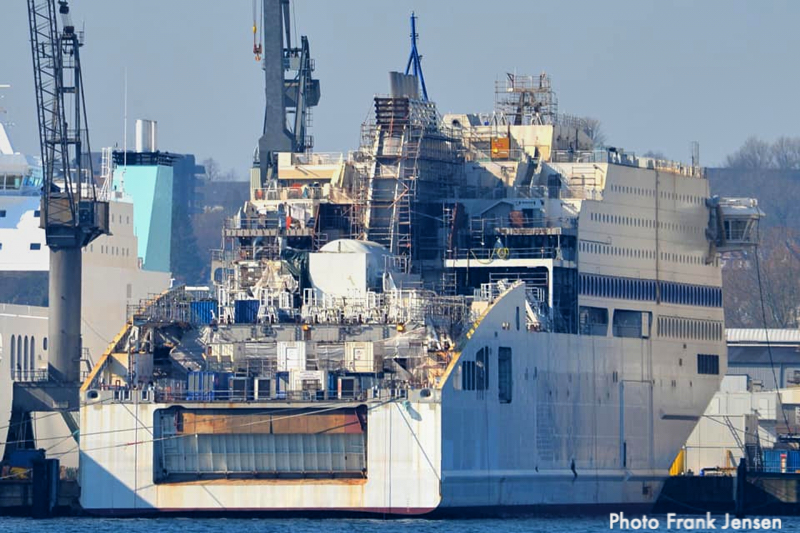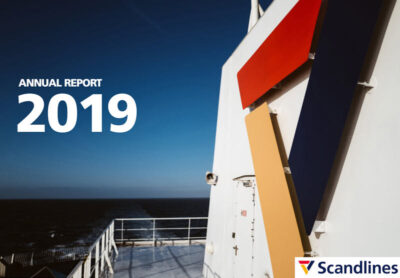On Friday 24 April 2020, FSG went into self-administration.
German insolvency law offers companies the option of restructuring in insolvency procedures under their own management. This is so-called self-administration.
Owner Lars Windhorst said the yard would continue to build ships. Together with management and employees, he sees a future for the company. Now a sustainable concept has to be found.
A new managing director has been appointed. It is Martin Hammer (LinkedIn), who is expected to come up with a plan in four to six weeks. He think work can restart in early summer.
The problem seems to be the reluctance of the State Schleswig-Holstein to support the yard with guarantees. “Taxpayers’ money should not be risked for a company that is in trouble,” said Minister of Economics Bernd Buchholz. “First the yard needs to get out of the insolvency, then we can talk.”
Mr Windhorst told the German press that “investing money in a contract where you know you will lose money is not a responsible thing to do as an entrepreneur.” He added that a ship can only be built, “if we can assume that no money will be lost here.” He did not mention which ferry he was talking about. (Brittany Ferries? Irish Ferries?)
The contract for two ferries for Spirit of Tasmania have been cancelled earlier.
From what Ferry Shipping News understands, it seems the yard is negotiating an order for 4 roro ships from previous owner SIEM.










